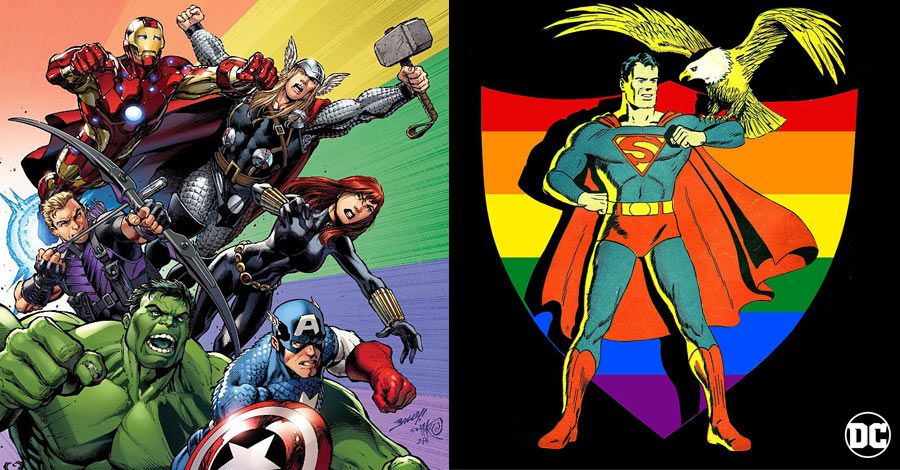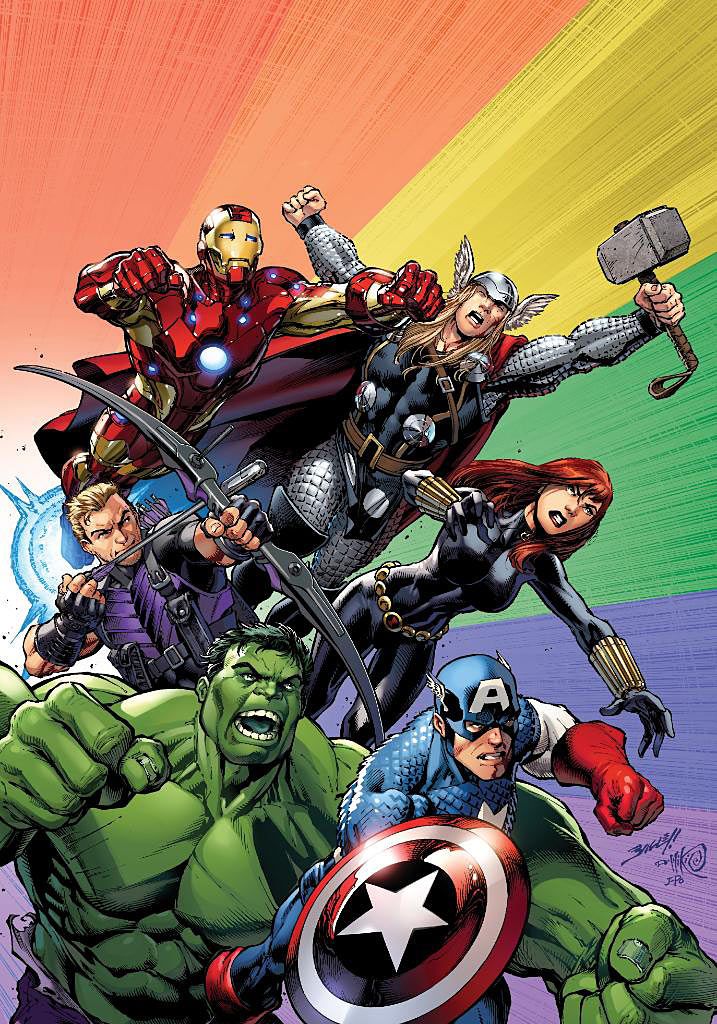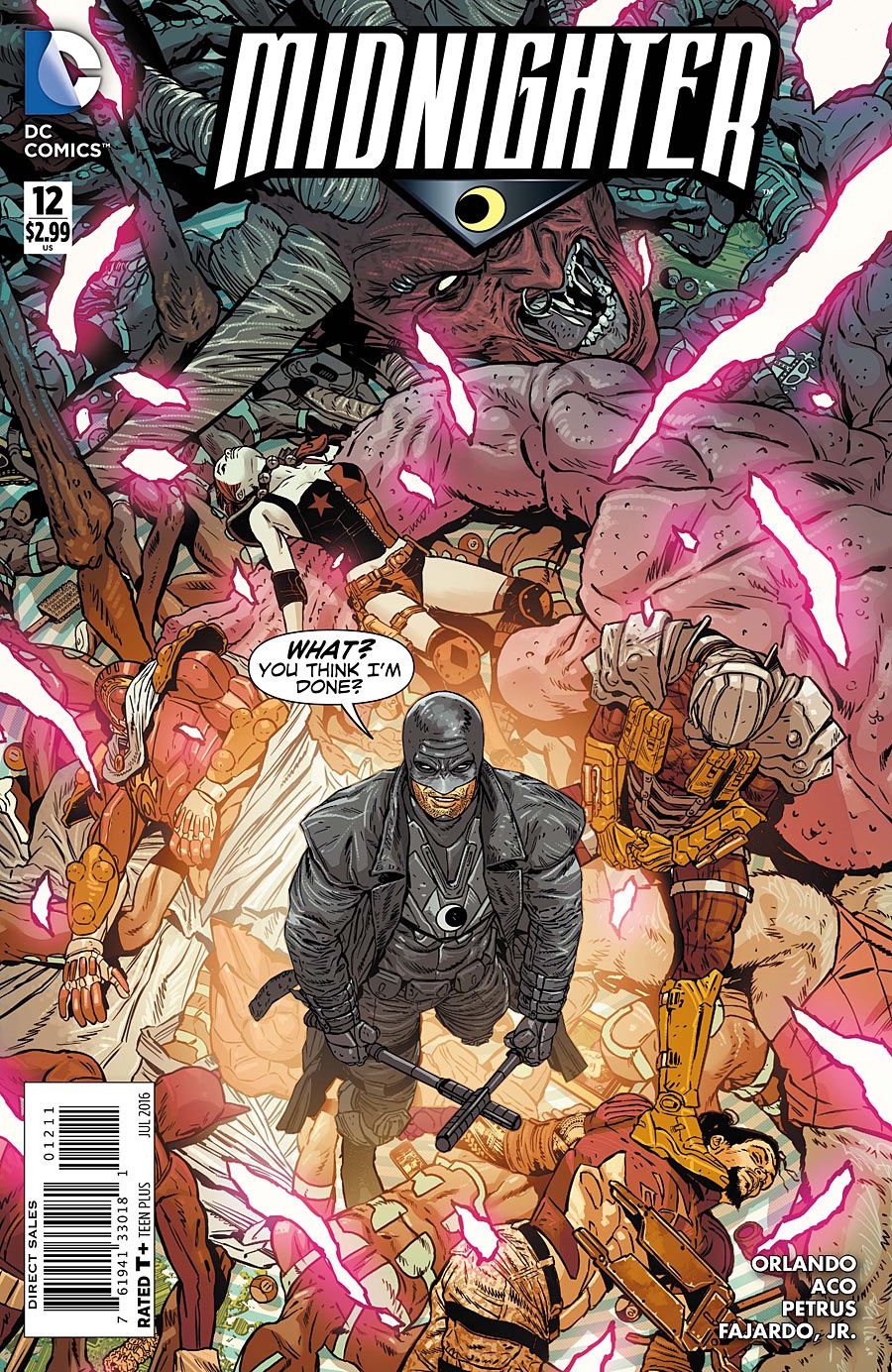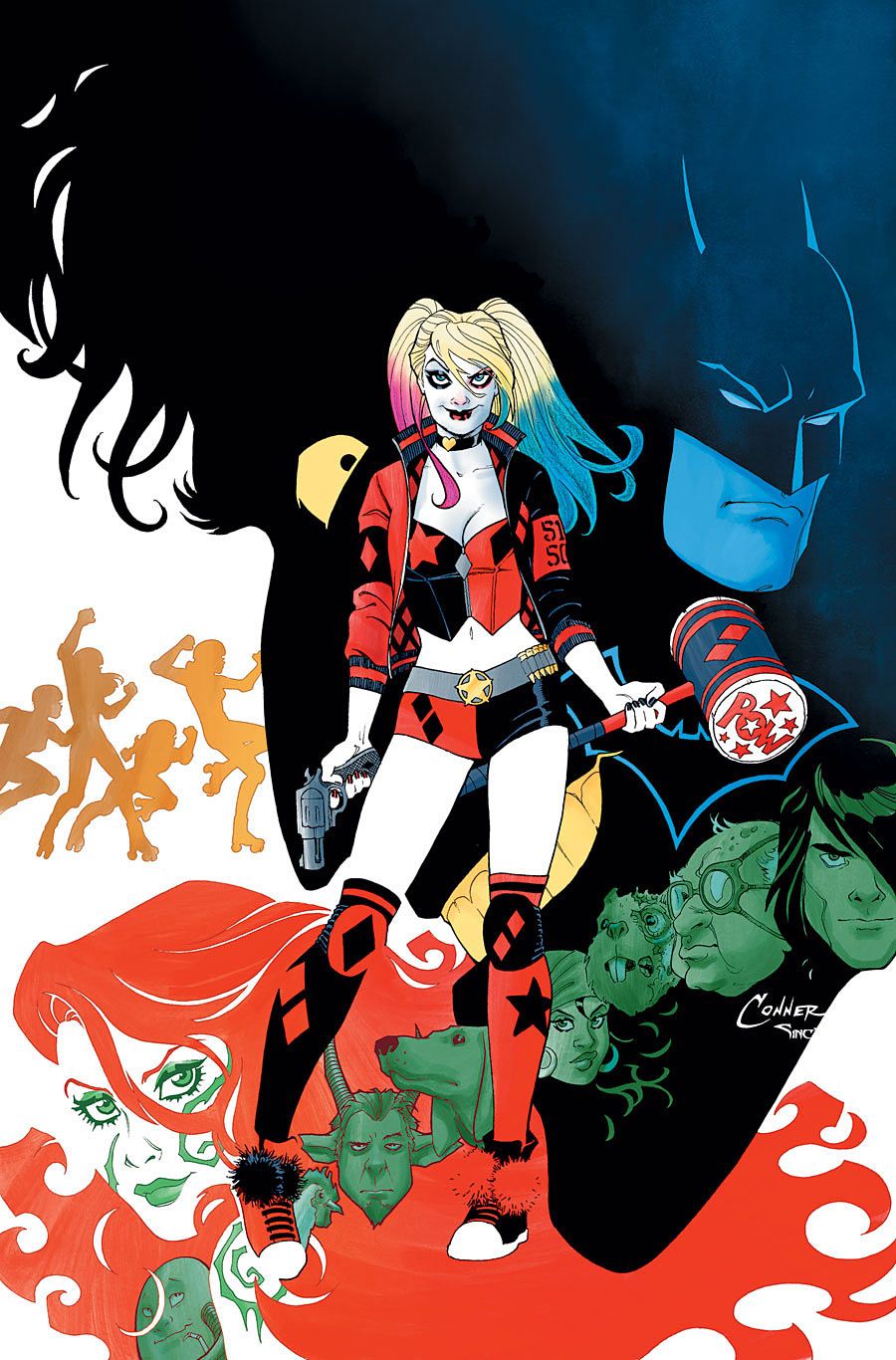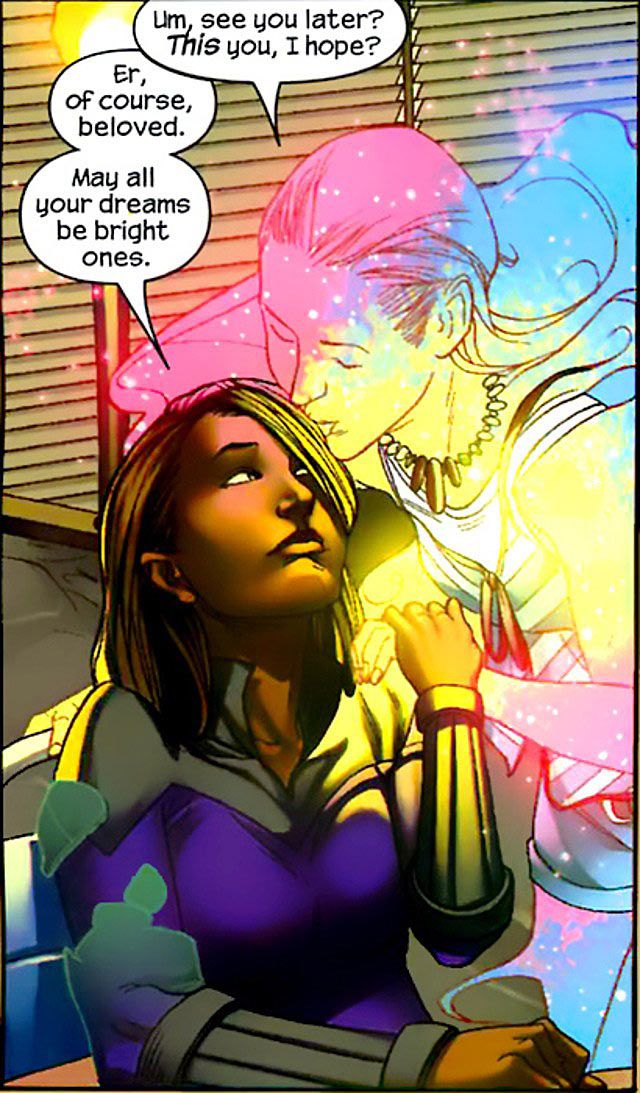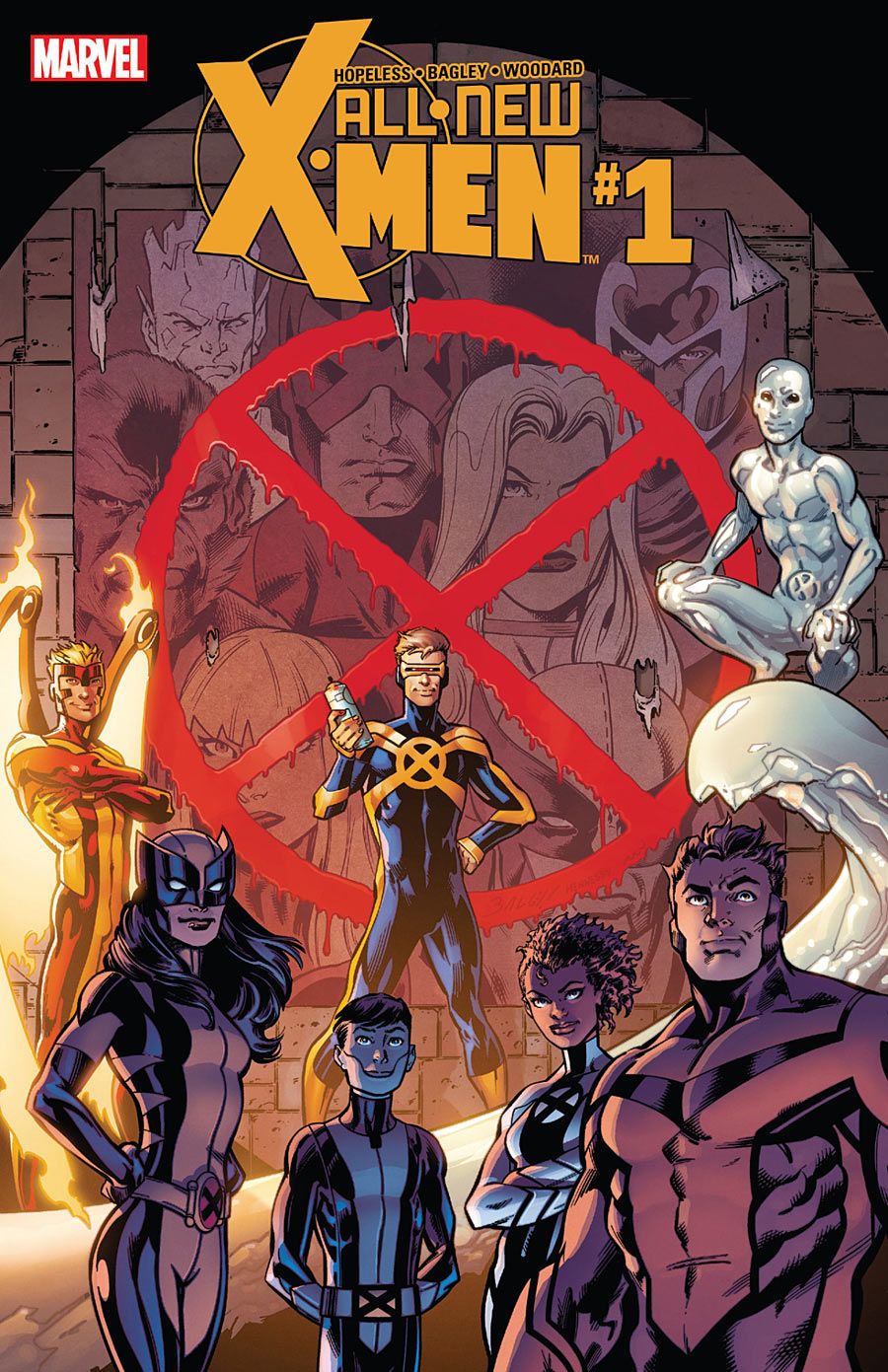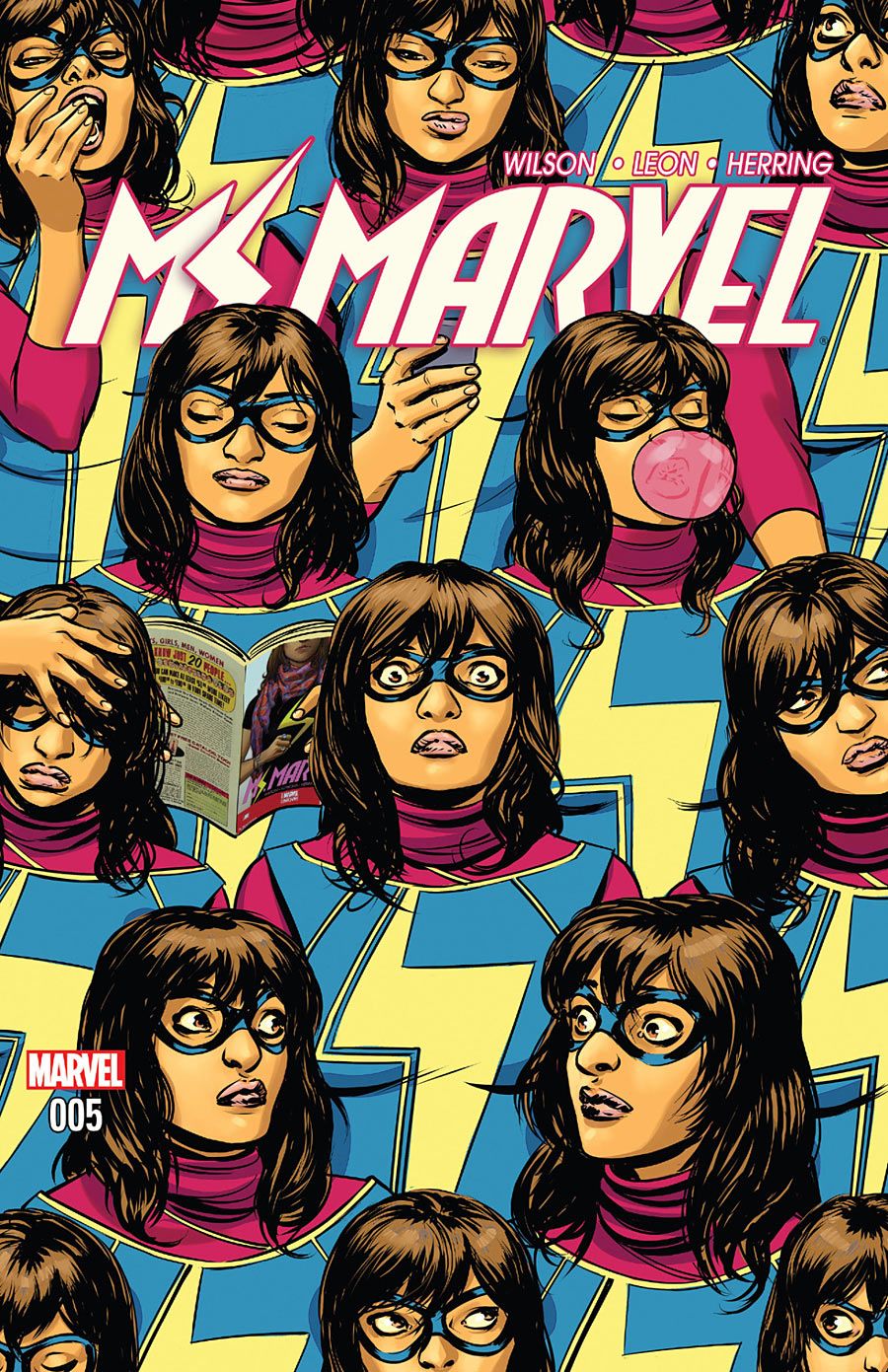I'm gay. That's a label that I've had a decade-long relationship with, ranging from outright denial to outright acceptance. "Gay" is also a label that I've always known could get me hurt -- or worse. I'm from Tennessee. I was only gay in Tennessee for a year; after coming out during my senior year of college, I skedaddled up to my queer haven, New York City. But I do go back to Tennessee multiple times a year and every time I do, every time I stop at a gas station in the middle of nowhere, the label that I am proud to wear on my polka dot button-down gets covered up by a simple black hoodie. Just to be safe. To quote one of my heroes, Dave Holmes, that's what it costs to be gay in public.
Whatever relationship 49 people in Orlando had with their label -- whether they accepted it, altered it, celebrated it, denied it, created it -- they died for it on Saturday night, the victims of a hateful man with a gun and a toxic relationship with his labels. This column, most weeks, is fun. That's not this week. I can't, as a gay man with a place to publish thoughts, not talk about this. I have to do everything I am able to do to make sure hate crimes against the LGBT community don't happen again. If that means writing 2,000-ish words in a column on a comic book site, then that's what it means. I will do everything I can to increase visibility and further acceptance of my community. And we need comic publishers to do the same thing.
Following the horrific events of the weekend, both DC Comics and Marvel Comics tweeted images expressing solidarity with the LGBT community, using the hashtag #OrlandoUnited. There's a lot to unpack here, and I got the suitcase popped open, but I want to say up front: thank you. While I don't think it should be considered a risky move to express support of the LGBT community, I do get that there are -- duh! -- bigots on Twitter. If they follow those two accounts, they got a rainbow in their face and a declaration that those publishers stand with the community those haters are bigoted against. That's not nothing, and it's a start.
A solidarity tweet can be powerful. Those two tweets were retweeted a combined 5,000 times. They got around a little. It's just a start, and the next step -- one that the LGBT community, young readers and our larger culture desperately needs Marvel and DC to make -- is to commit harder than ever before to their LGBT characters. I say this because both images depict zero LGBT characters in them -- because no LGBT characters at either publisher have risen to the popularity and instantly recognizable status of Superman or the Avengers. The time to change that is now. The article that started my career at CBR almost five years ago -- the one that this very column entry is named after -- addressed the state of LGBTQ superheroes. Years later, I'm surprised by how little has changed. Progress has to be made, and it has to be made now -- but I don't see it happening just yet.
Prior to the Rebirth relaunch, DC had four ongoing solo titles headed up by LGBT characters: "Catwoman," "Constantine: The Hellblazer," "Harley Quinn" and "Midnighter." Post-Rebirth that number is cut in half; just "Harley Quinn" and "The Hellblazer." Batwoman's become a lead character in "Detective Comics," but her name's not in the title. "Bombshells" features a number of queer characters in its glamorously retro cast. The queer cast introduced in Brenden Fletcher, Cameron Stewart and Babs Tarr's "Batgirl" -- including Alysia Yeoh and Frankie Charles -- appear lost in the shuffle as Barbara Gordon goes on a backpacking adventure. Midnighter's gone from a leading man to, at most, a supporting player in "Nightwing." And I can't even begin to wrap my brain around what Rebirth means for Alan Scott, the gay Green Lantern of the New 52's Earth-2.
Not even an unquestionably A-list character like Catwoman, who Genevieve Valentine established as bisexual in her recent run, got a new series in Rebirth. Why? The list of characters that have achieved Guaranteed To Always Have A Series status are almost universally straight White men (Batman, Superman, Spider-Man, Captain America, Iron Man, Daredevil, Green Lantern, Aquaman, Flash). Wonder Woman is possibly the only woman on that list and, with 232 issues of a solo title published in the last 23 years, Catwoman's close. Queer characters need to remain visible, and that means publishing their comics.
My love for Marvel Comics is inextricable from my being. The X-Men were my only friends when I was a painfully lonely child, and so many of my core beliefs -- my feminism, my gay pride -- come from spending my formative years reading mutant adventures. When I came out to a select few friends and myself in 2005, it was "Runaways" and Karolina Dean's story that made me feel valid. Accepting Rictor and Shatterstar's relationship as canon happened as I brought my own queerness into my self-canon. Marvel has been with me, in my life, every month -- every day -- since my mom bought me "X-Men Adventures" #5 in early 1993.
All of that backstory lives in my head, while this comes from my gut: the LGBT community needs Marvel to push its queer characters to a higher level.Please.
There's a solid bedrock of team representation for Marvel to build on. Of just the books I read every month, "Black Panther," "Ultimates," "Astonishing Ant-Man," "Uncanny X-Men," "Darth Vader," "All-New X-Men," "Star Wars" and "Extraordinary X-Men" feature lesbian, gay and bisexual characters in ensemble or supporting roles. The nature of these roles leads to limited space and exposure for these characters. And when these characters are consistently relegated to ensemble roles, they sometimes end up lost when the relaunch musical chairs game stops -- like Rictor and Shatterstar. But the work that Brian Michael Bendis did with Iceman, and the work that Dennis Hopeless is continuing to do with him in "All-New X-Men," holds a mirror up to my own personal experiences. It moves me in a way that comics never had before. For me, Iceman's story -- in all of his current books -- is my favorite gay storyline in comics. I want to see what Hopeless could do if given 20 pages a month to write Iceman. There is good being done. And it's time to level up.
Marvel needs a "Midnighter." It needs a solo series with an unapologetic queer lead whose sexuality is a vital part of the storytelling -- just like the love lives of Spider-Man, Daredevil, Superman and so many other heterosexual heroes. Over the past year, it has been difficult to even know how many series with queer leads Marvel's published. There's Deadpool and Loki, although how much of that is explicitly stated -- or taken seriously -- in the text often remains unclear. Characters like Hercules and Angela were labeled -- and then had new labels affixed to them, and then had those labels peeled off.
Queer readers need those labels to be firmly slapped onto these characters for all to see. In the case of the queer community, labels -- and I mean the labels we choose for ourselves -- are life. They are bravery, courage and pride. I went through well over half of my life as an out gay man refusing to admit that "gay" described me. That one label doesn't sum up the complexities of my being, no, but I now know it is the one label that I wear that can get me killed. It is the label that would have given me entry into Pulse, given me a reason to feel at home. To distance myself from that label, a label that people like me were killed for, feels craven.
We need to see Marvel characters brave enough to wear their labels with pride. We need a bisexual Hercules and Storm. We need an asexual Jubilee. We need a pansexual Angela. We need a Deadpool in a same-sex romance. We need a series starring Iceman that focuses on coming out -- a story that has rarely, if ever, been dealt with in depth superhero comics. We need a Ms. America ongoing that features Ms. Chavez stomping her way through villains and always getting the girl at the end. And both Marvel and DC need transgender heroes.
And loving Marvel as much as I do, I know that all of this is possible. When the last female-lead series in their line was canceled back in 2011, Marvel did not give up on female heroes. They promoted Ms. Marvel to Captain Marvel, rallied a powerful group of new fans around her, launched a dozen more female-lead series -- and kept the charge going. There are more female-lead series at Marvel right now than there have ever been, by far, in the company's history. Marvel saw the importance of female-lead heroes, refused to back down, and built an audience big enough to sustain over a dozen of these books a month.
The same has also happened for POC leads; Luke Cage, Sam Wilson, Black Panther, Moon Girl, Nova, Nighthawk, Miles Morales, Ms. Marvel and Amadeus Cho are all leading titles and proudly labeled as Black, African, Latino, Pakistani American and Korean American. The same has to be done for LGBT characters. And Marvel has a killer lineup of queer characters waiting to become headliners: Wiccan, Hulkling, Mystique, Northstar, Hercules, Prodigy, Shatterstar, Rictor, Karma, Julie Power, Ms. America, Anole, Daken, Iceman, and all the transgender heroes that really need to be created. Any of them could support a limited or (in the case of Northstar, Ms. America, Hercules, Mystique and Iceman specifically) ongoing series with a straightforward handling of queer themes.
And whether or not these characters have succeeded in the past, or are too new, is irrelevant. Time and time again, Marvel has demonstrated the smarts and will to make characters that the comic community needs happen. New characters like Ultimate Spider-Man, Ms. Marvel and Nova have shown more staying power than almost any character that debuted in the two decades before than. And Squirrel Girl was regarded as a throwaway joke character until Marvel paired her with two creators (Ryan North and Erica Henderson) that got her. Now every con has a scurry of squirrel cosplayers.
But my overall plea, though, is that Marvel needs a "Midnighter" -- because the LGBT community needs a Ms. Marvel.
What editor Sana Amanat, writer G. Willow Wilson and artist Adrian Alphona created when they launched "Ms. Marvel" in 2014 was a cultural revolution. Comics are important. I know that everyone making them understands this. With an ongoing series that sincerely and honestly depicts the life of a Muslim American family, Marvel has forever altered the way that an entire generation of young readers view Muslims. Like a true superhero, Ms. Marvel emerged right when America needed her most; now fans rally around Ms. Marvel and use her image to actively combat the racist and hostile attitudes shouted by the most disgusting parts of our culture. Ms. Marvel stands strong, wearing all of her labels: Muslim, girl, Pakistani, New Jersey, American. She offers inspiration to every single Muslim kid that gets to read her adventures every single month. She offers an example to my niece, who now knows more about the Muslim faith before kindergarten than I did before I was 30. This is the power of a solo ongoing series that has the space to dig in and portray lives with nuance. This is how change starts. This is how empathy and understanding and love grows.
That's why this matters. LGBT kids need this too. They need this right now. And they need stories that reflect their lives. I need to see stories that reflect my life. Don't sideline queer characters. Don't cut their stories short. Don't sharpie over the labels they want to proudly wear. After this devastating reminder of the dangers of daring to defy gender norms, the world needs to know -- to see -- that we're superheroes too.
Brett White is a writer and comedian living in New York City. He made videos for the Upright Citizens Brigade as a member of UCB1 and writes for the podcast Left Handed Radio. His opinions can be consumed in bite-sized morsels on Twitter (@brettwhite).

